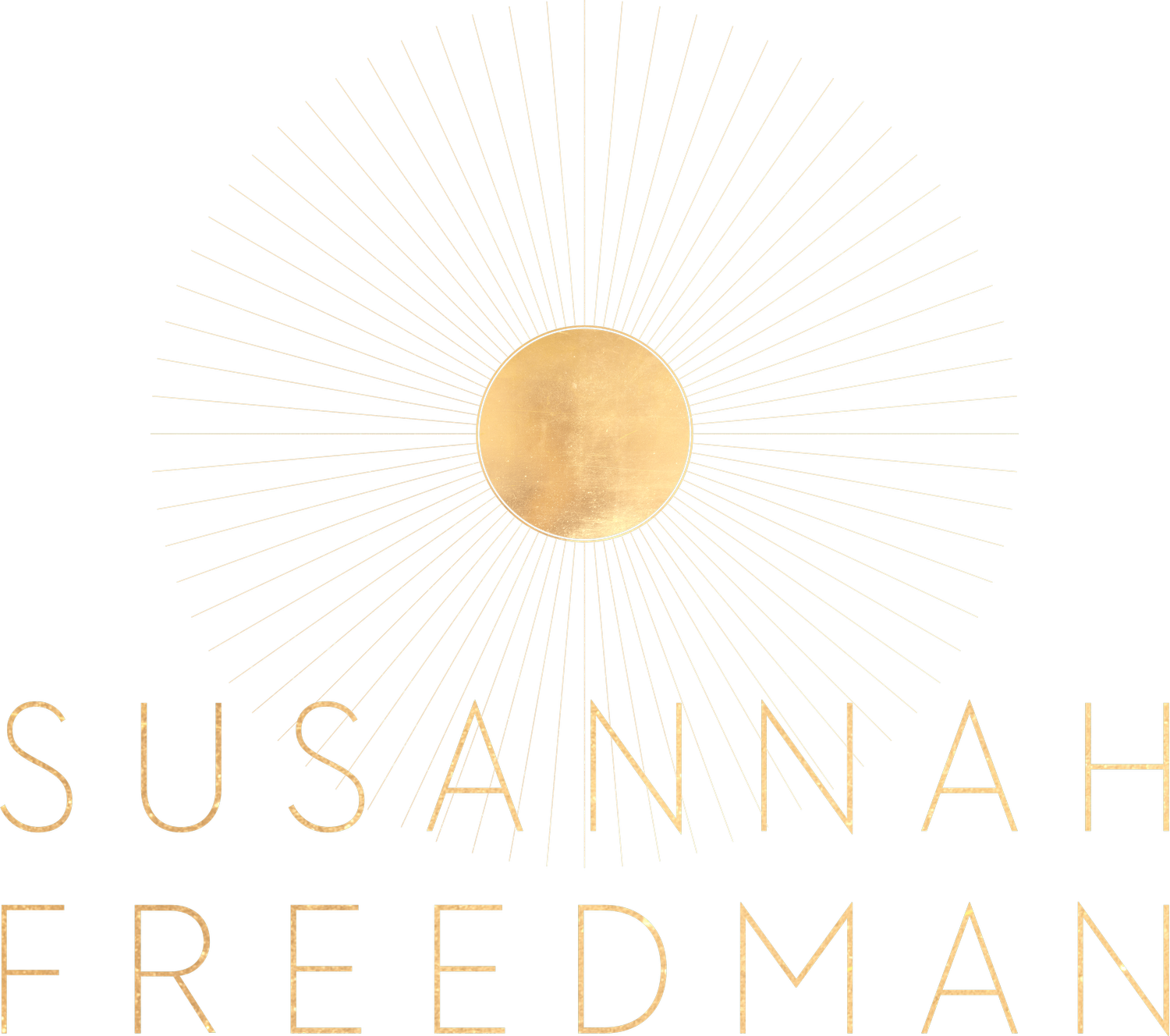New Moon in Gemini
“As a society we are embarrassed by love. We treat it as if it were an obscenity. We reluctantly admit to it. Even saying the word makes us stumble and blush… Love is the most important thing in our lives, a passion for which we would fight or die, and yet we’re reluctant to linger over its names. Without a supple vocabulary, we can’t even talk or think about it directly.” — Diane Ackerman
How do we think, talk and write about Love?
With the Sun, Moon, Jupiter, Mercury and Venus all in Gemini (the sign of communication), this is a new moon that gives us an incredible opportunity to tackle the importance of words, the content of our conversations, and the way those conversations shape our humanity, sense of self and our collective conscience.
As Diane Ackerman so beautifully pointed out in the above passage, “love” is a word that is shied away from. Outside certain and “allowed” contexts it is seen as naive, fanciful, and often as connoting a person who probably is ungrounded in reality. We’re allowed to use the word within the confines of a room, a home, a car, or a poem, but bringing it into the social and political spheres creates the understanding that the person who has the audacity to forward such a sentimental word is probably someone who should remain in the confines of the creative arts. This is mostly due to the fact that our definition of “love” has more to do with a feeling — a good feeling at that — than it does with the actions necessary to help engender that feeling.
As Bell Hooks points out in her book, all about love, our definition of love mostly revolves around a feeling of being deeply drawn to a person and investing emotion in them.
But Erich Fromm offers a more useful definition of “love” in which the word is a verb rather than a noun. In The Road Less Traveled, he writes that love is “the will to extend one’s self for the purpose of nurturing ones own or another’s spiritual growth.”
Words are important. They have a huge weight in creating our ideas of who we are as individuals, communities and countries. They are the language through which we tell our histories, and by which we learn — according to written historical precedent — what is of value and therefore to what we should aspire. Thich Nhat Hanh made this point clear beautifully and simply when he wrote, “Our communication is what we put out into the world and what remains after we have left it.”
In his book, The Universal Christ, Father Richard Rohr writes of what’s known in theological studies as the “Great Comma.” This phrase came from the study of the Apostles’ Creed (a statement of belief of, and observance to, God and Jesus Christ in which Christ’s whole life — all of his work, teachings and acts of love — are ellipsed by a single comma. The part of the creed to which he is referring states, “…born of the Virgin Mary, suffered under Pontius Pilate…”
In these words there is no declaration of belief in any of his teachings or the way he lived his life. No, “I am in them and You are in me. May they experience such perfect unity that the world will know that You sent me and that You love them as much as You love me.” (John 17:23) No, “Father forgive them, for they do know not what they do.” (Luke 23:34) No, “God blesses those who work for peace, for they will be called the children of God.” (Matthew 5:9).
Rohr inspiringly asks the question, “Does the gap in some way explain Christianity’s [and therefore Western culture’s] often dismal record of imitating Jesus’ actual life and teaching?”
The Dhammapada states that Buddha said, “The word manifests as the deed; the deed develops into habit; and the habit hardens into character; so watch the thought and its ways with care, and let them spring from Love born out of compassion for all beings. As the shadow follows the body, as we think so we become.”
I would like to add to this that as we speak, so our current reality becomes, and as we write so our future generations become.
If your words became reality, would they include more love?
When we tell our stories and write our histories can we be strong enough and patient enough to not pass over all of our humanity and acts of virtue?
A new moon is a time of setting intentions. With the Sun and Moon in the sign of thoughts and words, set your intention towards this: Lokah samastah sukhino bhavantu — may all beings be happy and free, and may my words and efforts contribute to that freedom.
